How To Get Your Business Back On Track Post-COVID
What will accelerate your business towards greater post-COVID recovery in the year ahead? We outline the 4 big moves that matter.
Another year is behind us. The pandemic continues to transform society, impact communities and affect businesses and the lives of Asia Pacific’s entrepreneurs in unexpected ways. But as we continue along a sometimes non-linear road to recovery, we have the opportunity to re-think how we do business. And ultimately, create a more compassionate and sustainable future.
So how can we use these experiences to drive business recovery in the year ahead? There is no single answer. Different thinking and different approaches are required. But by observing what I call the four key stages of recovery - grit, resilience, agility and transformation – we can transform challenges into meaningful change.
So how can we use these experiences to drive business recovery in the year ahead? There is no single answer. Different thinking and different approaches are required. But by observing what I call the four key stages of recovery - grit, resilience, agility and transformation – we can transform challenges into meaningful change.
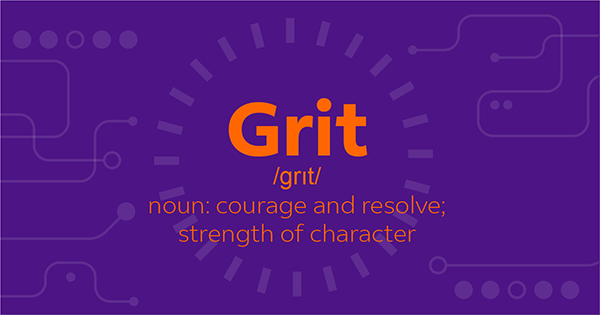
When so many factors, often outside your control, are stacked up against you, it is grit that will take you forward. This is true in business as in life. It’s something we’ve continued to see in our own teams, too.
Back when the COVID crisis first hit, our first and foremost priority was the health and safety of our team members. Then, with rapid lockdowns across the globe, FedEx became an essential service to move much-needed medical and relief supplies and keep commerce flowing. Later in the pandemic, we started to move COVID-19 vaccines, too. Our team members’ grit and determination meant we were able to act fast and stay focused.
Of course, mindset is everything. The courage to take calculated risks and not give up has enabled many businesses to survive and move forward. As an SME, it’s your grit that will carry you through the extended cycles of pandemic recovery and stay motivated.
Back when the COVID crisis first hit, our first and foremost priority was the health and safety of our team members. Then, with rapid lockdowns across the globe, FedEx became an essential service to move much-needed medical and relief supplies and keep commerce flowing. Later in the pandemic, we started to move COVID-19 vaccines, too. Our team members’ grit and determination meant we were able to act fast and stay focused.
Of course, mindset is everything. The courage to take calculated risks and not give up has enabled many businesses to survive and move forward. As an SME, it’s your grit that will carry you through the extended cycles of pandemic recovery and stay motivated.
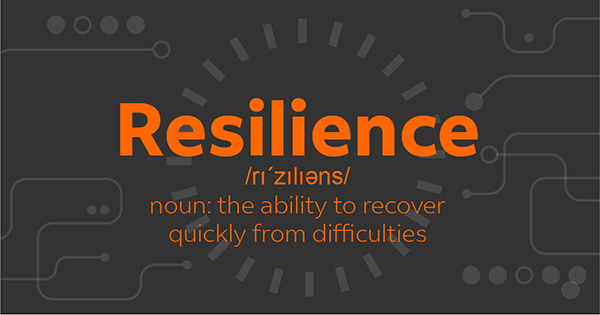
Staying strong at times of pressure is crucial for business success. Building resilience into business strategy, supply chains and especially your company culture is critical. Resilience means more than safeguarding your financial stability and credit. Equip your teams and employees with the tools - like hardware and software - for remote working as we continue to see hybrid and flexible workplaces flourish. A positive outlook - staying connected with employees and offering access to mental health support - to drive the business forward is what resilience is all about.
Put simply: resilience is your strength and buffer against adversity. For small businesses in particular, which have been among the most vulnerable during the pandemic, the need to adopt a resilient mindset is even more pressing. That means being prepared for further upheaval, having contingency plans in place when faced by setbacks, and being poised to grab any opportunities that may emerge.
Put simply: resilience is your strength and buffer against adversity. For small businesses in particular, which have been among the most vulnerable during the pandemic, the need to adopt a resilient mindset is even more pressing. That means being prepared for further upheaval, having contingency plans in place when faced by setbacks, and being poised to grab any opportunities that may emerge.
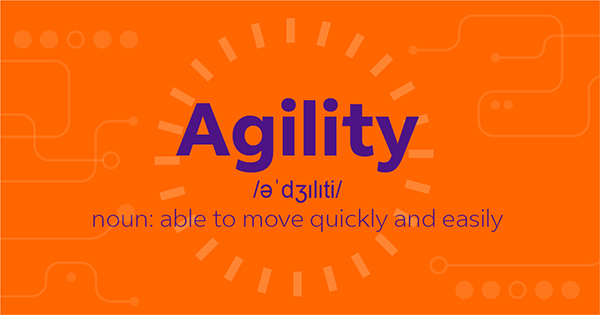
The ability to make quick strategic decisions and act on them without delay has been lifesaving for many companies and business sectors during the pandemic. We’ve seen endless agility at work during this time as companies pivot, accelerate their digital offerings and re-think how they do business in a changed environment.
Global airlines, for example, are staying in the skies by shifting to carrying commercial rather than human cargo. E-commerce has skyrocketed as companies shift their sales strategies. At FedEx, our focus on business agility has helped us find ways to work differently when responding to crisis, and in turn meet new challenges and support our SME customers.
Global airlines, for example, are staying in the skies by shifting to carrying commercial rather than human cargo. E-commerce has skyrocketed as companies shift their sales strategies. At FedEx, our focus on business agility has helped us find ways to work differently when responding to crisis, and in turn meet new challenges and support our SME customers.
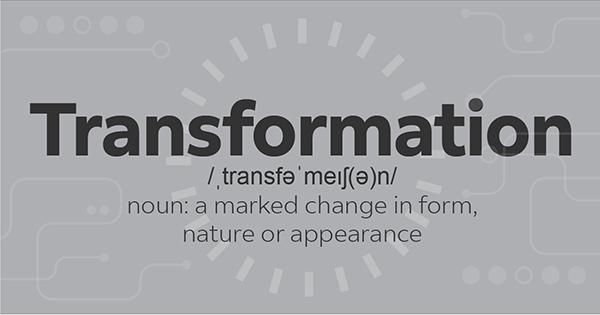
Time to re-imagine the path ahead. Innovation that drives complete change is the final, most dramatic stage of business recovery. For us at FedEx, COVID-19 has accelerated trends we’re already invested in, such as digital transformation, healthcare, contactless delivery, and e-commerce. Through our investments in innovative technology and partnerships such as FedEx SenseAware and FedEx Surround, we are driving major transformational shifts at the intersection of technology, transport, aviation and aerospace.
But for smaller businesses, there’s no need to engage in huge leaps or leave behind the concepts and values that characterized your company before. Transformation can come through diversifying product lines to selling in new markets. It can also come through change in internal policies, in departments such as HR. A new commitment to sustainability or diversity and inclusion within your workforce can bring about dramatic change, too.
Recovery is not linear – it can’t be, yet. Each of these four stages can be approached in any order and at any time. But by showing true grit, resilience, agility and being brave enough to transform when needed, we can emerge as stronger businesses. At FedEx, we are ready and supporting our customers’ transition toward recovery and profitability.
Looking for new and useful business tips? Follow Kawal Preet on LinkedIn for regular trend analysis, monthly blog series and more.
But for smaller businesses, there’s no need to engage in huge leaps or leave behind the concepts and values that characterized your company before. Transformation can come through diversifying product lines to selling in new markets. It can also come through change in internal policies, in departments such as HR. A new commitment to sustainability or diversity and inclusion within your workforce can bring about dramatic change, too.
Recovery is not linear – it can’t be, yet. Each of these four stages can be approached in any order and at any time. But by showing true grit, resilience, agility and being brave enough to transform when needed, we can emerge as stronger businesses. At FedEx, we are ready and supporting our customers’ transition toward recovery and profitability.
Looking for new and useful business tips? Follow Kawal Preet on LinkedIn for regular trend analysis, monthly blog series and more.
***
-
Previous
 5 Ways SMEs Can Unlock Growth In A Post-COVID World
5 Ways SMEs Can Unlock Growth In A Post-COVID World -
NextSmall Companies Are Taking On The World
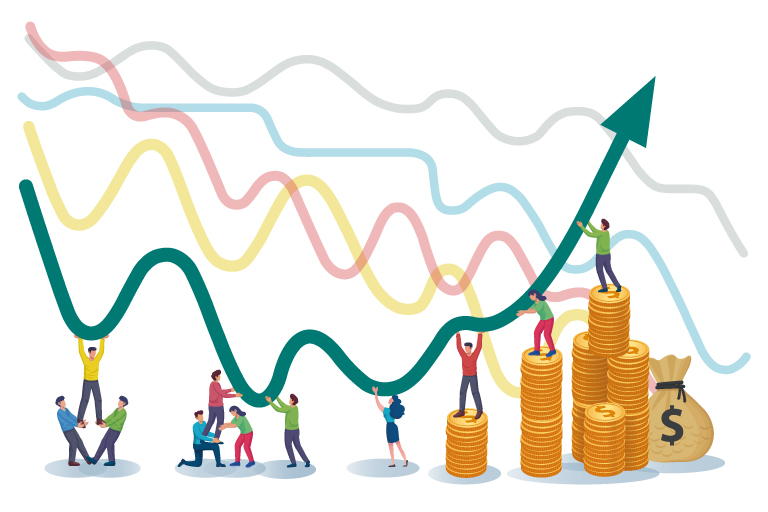









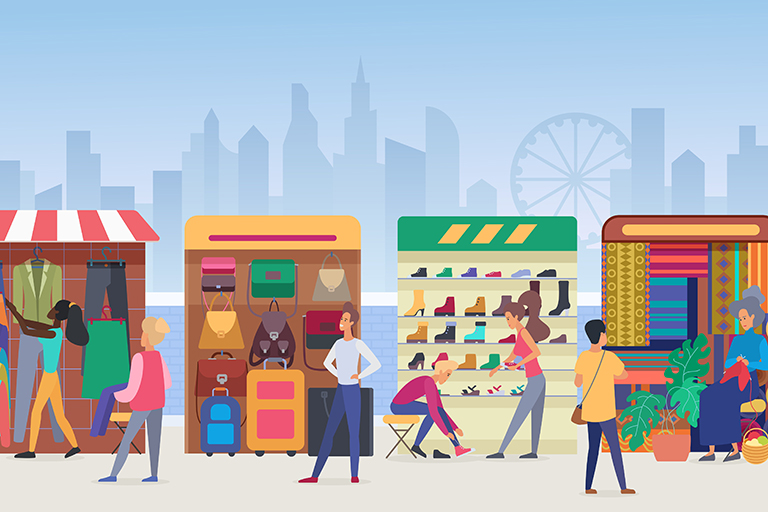

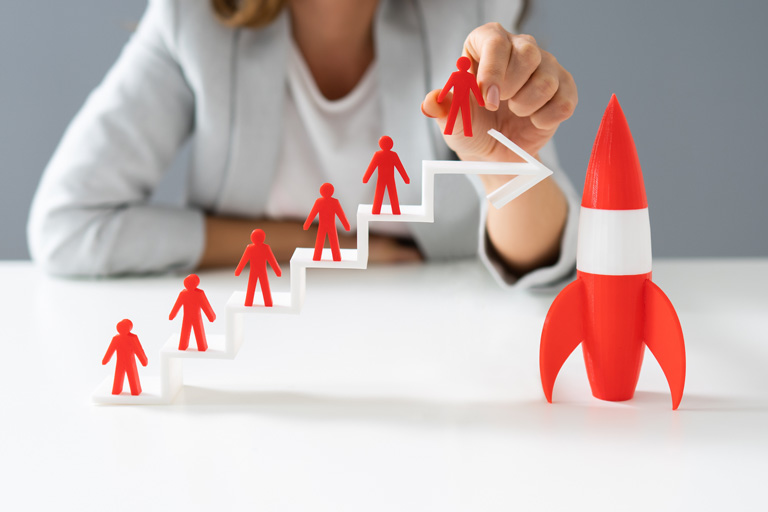






 The Latest
The Latest